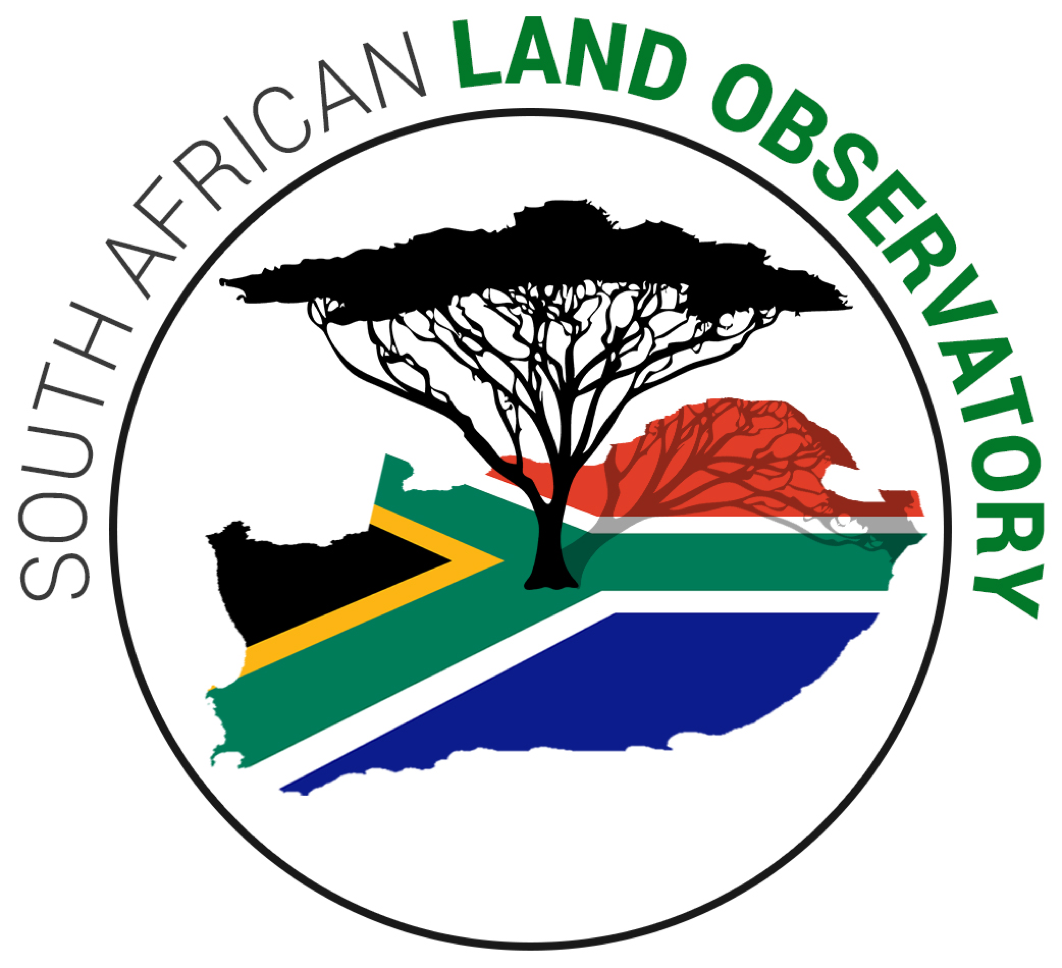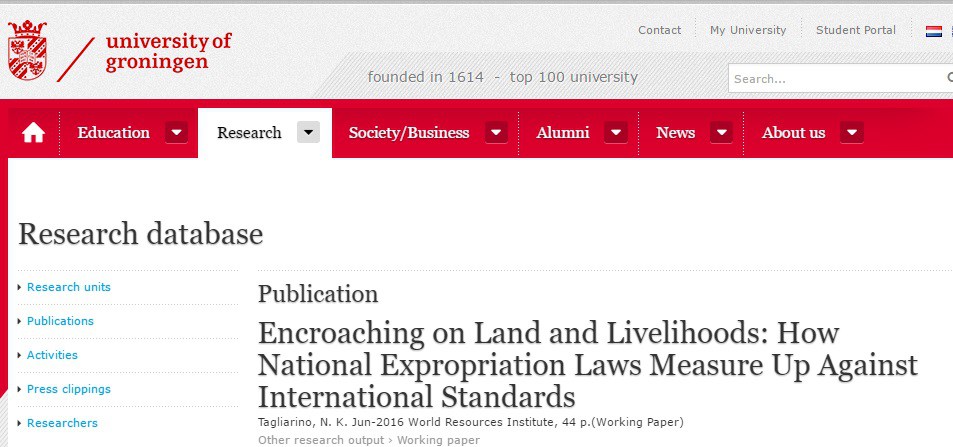Location
The South African Land Observatory is an initiative whose overall objective is to promote evidence-based and inclusive decision-making over land resources in South Africa. As its name ‘Observatory’ suggests, it collects data and information on land. The initiative is a repository of what is published on land in South Africa and on the events that take place around land in South Africa. In addition, it makes user-friendly land-based information available to all stakeholders with the aim of creating an informed land community in South Africa, through facilitating access to data, information and networking. It is, most importantly, a one-stop help desk for the land community to debate the pressing questions of land ownership and land use in South Africa.
Members:
Resources
Displaying 31 - 35 of 110Extension of security of tenure (land) Amendment Bill: stakeholders’ consultative meeting, with Deputy Minister of Labour
SALGA supports the amendments on tenure grants although it proposed that the provision of bulk services for alternative land and the delivery of municipal services should also be included in the tenure grant. SALGA supports the amendments as it affects limitations on evictions and additional rights to occupiers. The amendments on the establishment of a land rights management board and land rights management committees are also supported by SALGA. The submission discussed the challenges of evictions and the impacts of this on municipalities in detail.
Communal Property Associations performance; Constitutional Court judgment: implications for Commission on Restitution of Land Rights; with Deputy Minister
The Committee was briefed by the Department of Rural Development and Land Reform (DRDLR) on the performance of Communal Property Associations for March to December 2015. In all, 1 483 Communal Property Associations (CPAs) had been registered since the passing of the Act and 48 were registered in the 2015/16 financial year. The CPAs had been afflicted by a number of problems and the Department had taken steps to address them by the establishment of CPA District Fora to serve as a platform to share experiences.
DRDLR on its 4th quarter 2015/16 performance; Restitution of Land Rights Amendment Act Constitutional judgement: legal opinion
The Department achieved 56% of Q4 targets and 50% of Annual Performance Report targets in its Administration programme while annual targets on vacancies filled and disciplinary cases were partially achieved. In Geospatial and Cadastral Services, the Department achieved 77% of its Q4 targets and 69% of its APR targets. The Rural Development programme achieved 71% of its Q4 targets and 86% of its APR targets. The annual target for establishment of rural information desks was not achieved and the target of jobs created was partially achieved.
Working Paper 39: Understanding South African food and agricultural policy – Implications for agri-food value chains, regulation, and formal and informal livelihoods
In order to create credibility and sustainability between policies, to avoid political confusion and to reassure “investor confidence”, a clear agri-food policy package needs to be in place. To achieve this, policy packages should be constructed to give coherence, with an explicit goal and set of objectives, underscoring accountability to delivery. Considering current policy debates, the questions pursued in this paper are: does a clear vision guide existing and emerging agriculture and food policies and are a clear set of measures defined to achieve this vision?
Encroaching on Land and Livelihoods: How National Expropriation Laws Measure Up Against International Standards
Encroaching on Lands and Livelihoods considers whether national expropriation laws in 30 countries across Asia and Africa follow the international standards established in Section 16 of the VGGTs. It analyzes laws against a set of 24 indicators (hereinafter “expropriation indicators”) based on the standards established in Section 16 and provides examples of expropriation practices drawn from literature reviews to illustrate the importance of adopting international standards.






